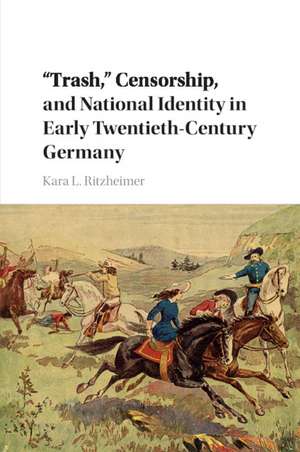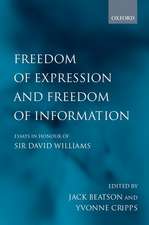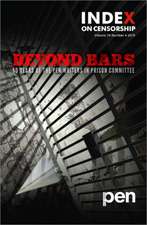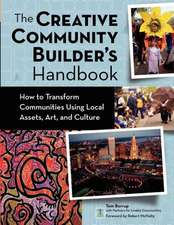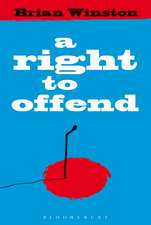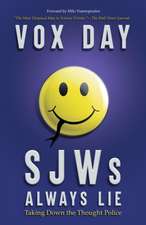'Trash,' Censorship, and National Identity in Early Twentieth-Century Germany
Autor Kara L. Ritzheimeren Limba Engleză Paperback – 13 feb 2019
| Toate formatele și edițiile | Preț | Express |
|---|---|---|
| Paperback (1) | 289.19 lei 43-57 zile | |
| Cambridge University Press – 13 feb 2019 | 289.19 lei 43-57 zile | |
| Hardback (1) | 696.26 lei 43-57 zile | |
| Cambridge University Press – 23 iun 2016 | 696.26 lei 43-57 zile |
Preț: 289.19 lei
Nou
Puncte Express: 434
Preț estimativ în valută:
55.34€ • 57.92$ • 46.06£
55.34€ • 57.92$ • 46.06£
Carte tipărită la comandă
Livrare economică 31 martie-14 aprilie
Preluare comenzi: 021 569.72.76
Specificații
ISBN-13: 9781107583443
ISBN-10: 1107583446
Pagini: 328
Dimensiuni: 151 x 228 x 19 mm
Greutate: 0.49 kg
Editura: Cambridge University Press
Colecția Cambridge University Press
Locul publicării:New York, United States
ISBN-10: 1107583446
Pagini: 328
Dimensiuni: 151 x 228 x 19 mm
Greutate: 0.49 kg
Editura: Cambridge University Press
Colecția Cambridge University Press
Locul publicării:New York, United States
Cuprins
Introduction: censorship in the Rechtsstaat, censorship in the Sozialstaat; 1. Buffalo Bill in Germany: regional encounters with commercial culture before WWI; 2. Federalism and censorship: regulating commercial fiction and movies in Imperial Germany; 3. Censorship in the Rechtsstaat: anti-'trash' rhetoric and national identity in Imperial Germany; 4. Censorship and 'trash' in wartime Germany; 5. Censorship in the Sozialstaat: Weimar's film and publications laws; 6. Censorship, morality, and national identity in Weimar Germany; Epilogue; Bibliography; Index.
Recenzii
'Ritzheimer's ['Trash', Censorship, and National Identity in Early Twentieth-Century Germany] is a multifaceted, well-researched book that has much to offer scholars of widely varying interests. And her larger argument - that 'anti-'trash' activists … paved a rhetorical path … even an emotional one' to the far more brutal censoriousness of the National Socialist regime - is sobering.' David Ciarlo, American Historical Review
'… this is a wellwritten and researched work that makes several important contributions to our understanding of German history in the early twentieth century.' Jason Phillips, European History Quarterly
'… this is a wellwritten and researched work that makes several important contributions to our understanding of German history in the early twentieth century.' Jason Phillips, European History Quarterly
Notă biografică
Descriere
A legal and cultural history of censorship, youth protection, and national identity in early twentieth-century Germany.
